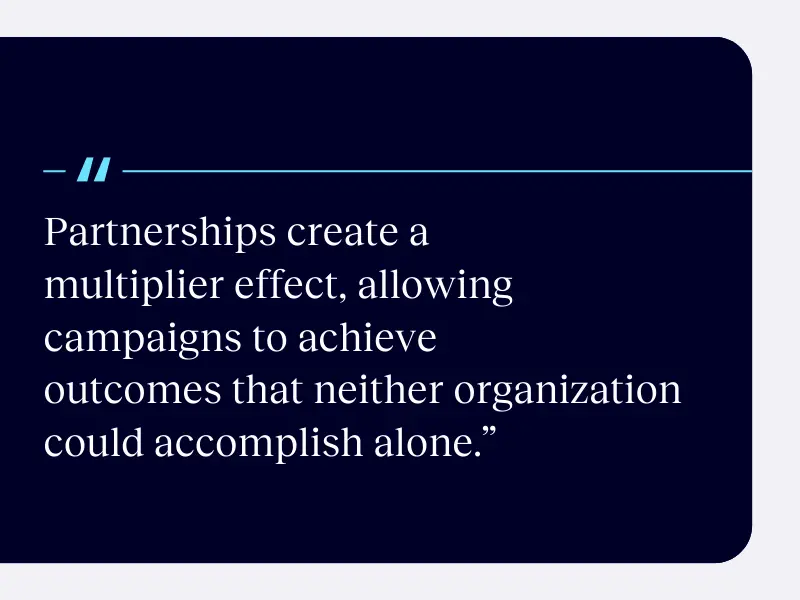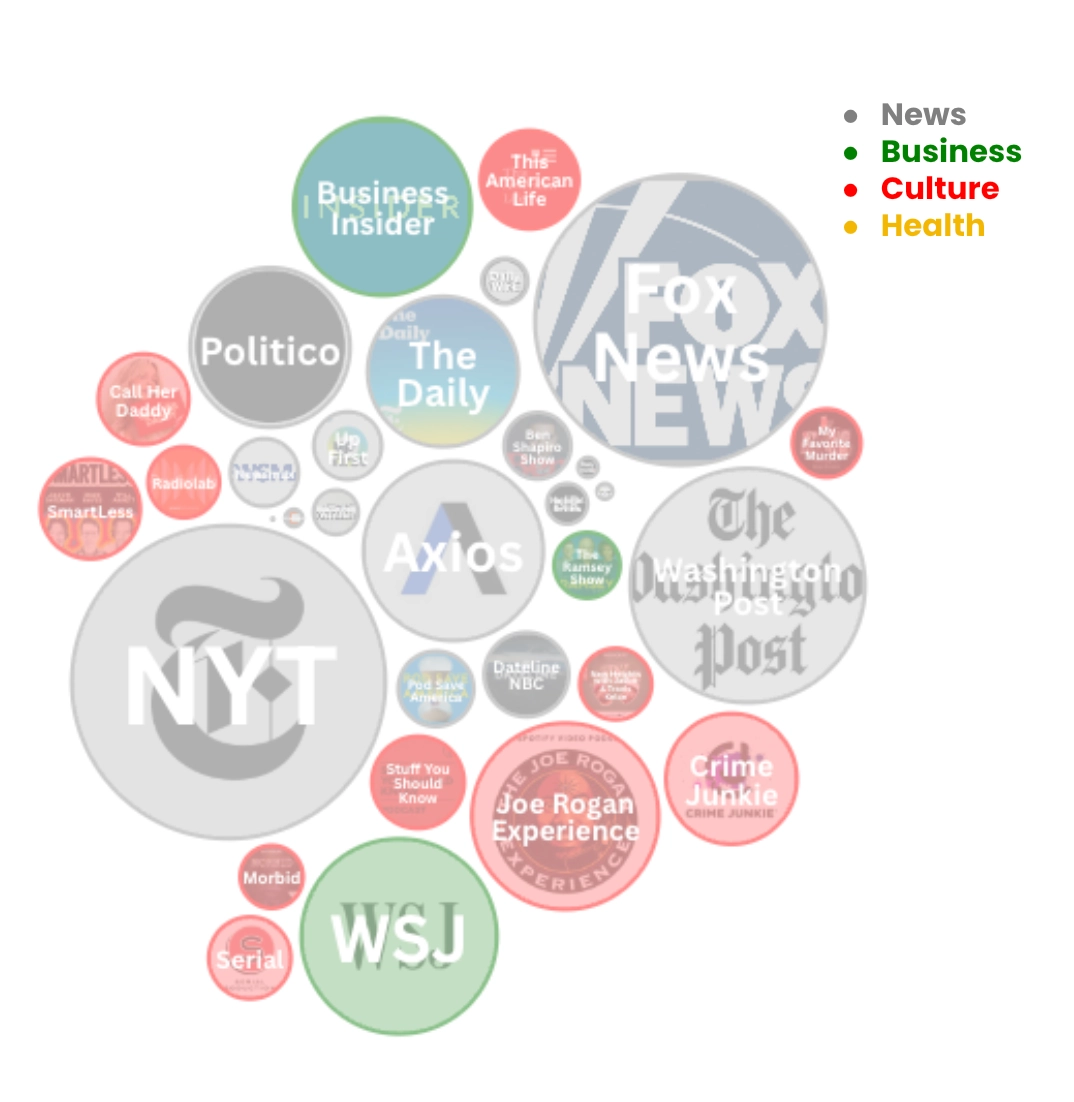En tid for Europa å satse på kultur
February 28, 2025
av Greg Propper
Change is happening all around us – not in slow drips, but in tidal waves.
In 2024 and so far this year, companies have had to adapt more rapidly than ever to shifting political landscapes, economic pressures, evolving trade agreements, and seismic policy changes across Europe and the globe.
But beyond the headlines and elections lies another force, equally powerful and far less predictable: culture.
Cultural change, from what we consume to how we communicate, is not just accelerating; it’s fragmenting. Audiences are not watching the same shows or reading the same papers. They’re immersed in hyper-specific subcultures, niche online spaces and fleeting viral moments. Trends move at the speed of TikTok, and AI-generated memes, music, and imagery are shaping tastes before regulators even know what’s happening. (“Show us your ChatGPT-generated action figure in a blister pack, we’ll show you ours.”)
Against this backdrop, clients across sectors are asking the same urgent question: how do we show up in culture in a way that is authentic, impactful, and future-facing?
Of course, this isn’t a new idea. Brands have long understood that aligning with cultural moments can deepen relevance and drive resonance. But the stakes and the complexity have changed.
Now, culture isn’t just a tool for communication. It’s a strategy for survival.
The evidence is clear. In consumer marketing alone, cultural relevance accounts for as much as 25% of purchase decisions. But the opportunity is broader than sales. Culture is now one of the most effective ways to build brand resilience, shape public perception and drive long-term value. From youth activism to mental health, from climate narratives to racial justice, today’s most urgent issues are playing out not just in parliaments and papers, but in music, television, sport, and social feeds.
In the US, cultural engagement has become central to how companies manage risk, protect their reputation and communicate values in a climate where every brand action is scrutinised. In Europe, where audiences span multiple languages, histories and contexts, the challenge is even more nuanced, but the opportunity is greater. Showing up in culturally relevant ways across diverse markets isn’t just a reputational imperative, it can absolutely be a strategic advantage.
Take sport, for instance. In France, with the nation still riding the post-Olympics wave, youth engagement around athletics has surged; not just in elite events, but in local clubs and community-run programmes. A youth-focused brand that wants to resonate in this moment must understand not only the high-profile athletes, but also the grassroots movements and neighbourhood coaches who are inspiring the next generation.
In the UK, supporting football is expected; supporting Sunday league is differentiating. Meanwhile, across the continent, we’re seeing brands invest in everything from local ballet schools to community-run tennis courts – not just as CSR efforts, but as expressions of identity and belonging.
The same principle applies in music. Europe’s music landscape is no longer dominated by a single language or genre. Drill in London, techno in Berlin, Afrobeats in Paris. These aren’t fringe tastes, they are cultural pillars. Brands that understand and respect the distinctiveness of these communities can earn trust, loyalty, and cultural capital.
To do this well requires precision. Not guesswork. We’ve all seen the consequences when brands show up awkwardly in culture (at best, ignored; at worst, called out). Cultural engagement needs to be as rigorous as it is creative.
That’s where cultural intelligence becomes essential. Smart use of audience data, behavioural trends, competitor analysis, and media insights enables brands to identify which culture spaces are meaningful and which are merely noisy. It allows companies to understand not just what’s happening, but why it matters, who it’s reaching, and how to act accordingly.
At BPI Group, we call this cultural strategy with consequence – a structured, insight-led approach that helps our clients move at the speed of culture without losing their way.
The truth is: culture isn’t a campaign. It’s a relationship. And in moments of social, economic, and political flux, it’s also one of the most powerful tools companies have to lead with clarity, empathy, and relevance.
With everything that’s going on in the world, and with the continent’s myriad of cultural considerations, now is the time for businesses in Europe not just to respond to culture – but to help shape it.



